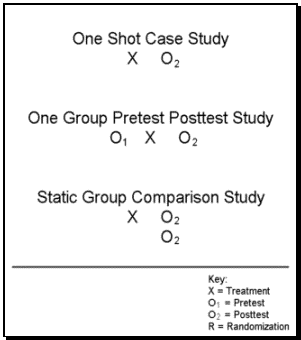
Can Pursuing Happiness Make You Unhappy?
How’s this for a cruel paradox: the more you want to be happy, the less happy you become.
I’m not just suggesting that idea as a thought experiment. According to some research, that’s actually how things work – actively trying to be happy can make you less happy.
The idea that we can deliberately become happier by making concrete changes in our lives and adjusting our attitude has been a relatively popular one lately, both in self-help literature and in research. Over the past few years, though, some cracks have started to show up in the seemingly self-evident truth that pursuing happiness improves mental health.
One finding sure to give happiness seekers pause is from a 2012 paper titled The Pursuit of Happiness Can Be Lonely. The study found that people who value happiness more tend to feel lonelier in their day-to-day lives. Significantly, it appears not just to be a case of lonelier people valuing happiness more: a second experiment done by the researchers revealed that making people value happiness more seems to directly make people feel lonelier – both according to their self-reports and to hormonal measurements.
To make matters worse, valuing happiness may actually be a risk factor for mood disorders. A 2015 study titled Valuing Happiness Is Associated With Bipolar Disorder found, well, exactly what you’d expect based on the title. People who valued happiness the most turned out to be more likely to develop bipolar disorder and to have more severe symptoms.
So does that mean the best strategy is to play it safe and not explicitly pursue happiness?
Not necessarily. Some researchers suggest that what matters is how you pursue happiness. It may be that some happiness-boosting strategies backfire while others have the intended effect.
Research published last year found that the link between pursuing happiness and actual wellbeing appears to be culture-specific. The study found that being motivated to pursue happiness predicted lower wellbeing in the United States but higher wellbeing and Russia and East Asia. One interpretation suggested by the authors is that pursuing happiness is only damaging in more individualistic cultures, where people are more likely to pursue happiness using counterproductive strategies.
This fits with the finding that what makes some people more happy than others has more to do with how they pursue happiness rather than how motivated they are to become happy. One study of people in the United States found that those who were happier tended to use happiness-building strategies focused on agency, community and spirituality.
Another study titled Prioritizing Positivity: An Effective Approach to Pursuing Happiness? found that those who pursued happiness by organizing their day-to-day lives with the goal of seeking positivity did experience benefits from pursuing happiness. Which is good news for all the happiness seekers out there because, in the words of the authors, it suggests that “seeking happiness, although a delicate art, may be a worthwhile pursuit.”
Image: Flickr/frodefjeld under CC BY-NC-ND 2.0